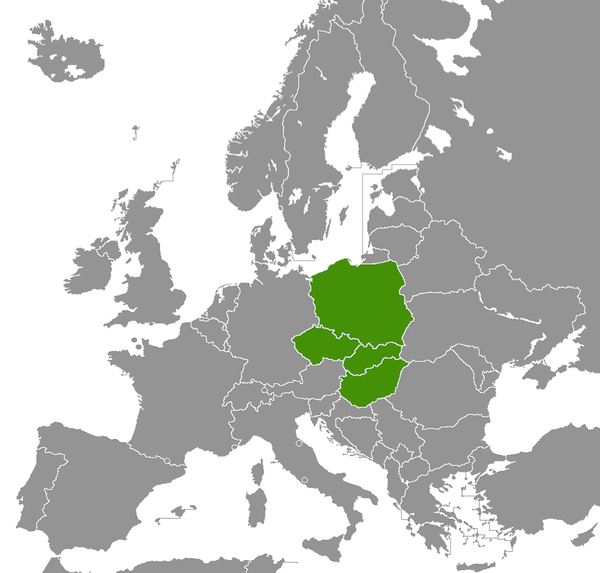
Hungary Reduces Tax Rate on Cryptocurrencies
Pushed through by state secretary Norbert Izer and communicated by the Ministry of Finance as a success story, Hungary has reduced the tax rate on cryptocurrencies from 30.5% to 15%. The announced tax reform has, to some extent, been triggered by rising prices, although – independent of the government’s measures – the exchange rate of cryptocurrencies suddenly collapsed following the announcement.
Regardless of these circumstances, observers consider it a major achievement that profits generated by domestic cryptographic assets, already estimated at HUF 3-400 billion, can at least be taxed to a moderate extent in the future. The government expects a yearly tax revenue of up to HUF 15-20 billion as a result. It hopes that those trading with cryptocurrencies can now earn legal income and come out of hiding. However, it is yet to be seen if most people who had hoped that financial authorities would not detect their income, will be ready to pay the reduced tax rate or continue to risk being caught, as in the future, dealing with cryptocurrencies may become more traceable as data exchange between financial supervisory authorities develops.





